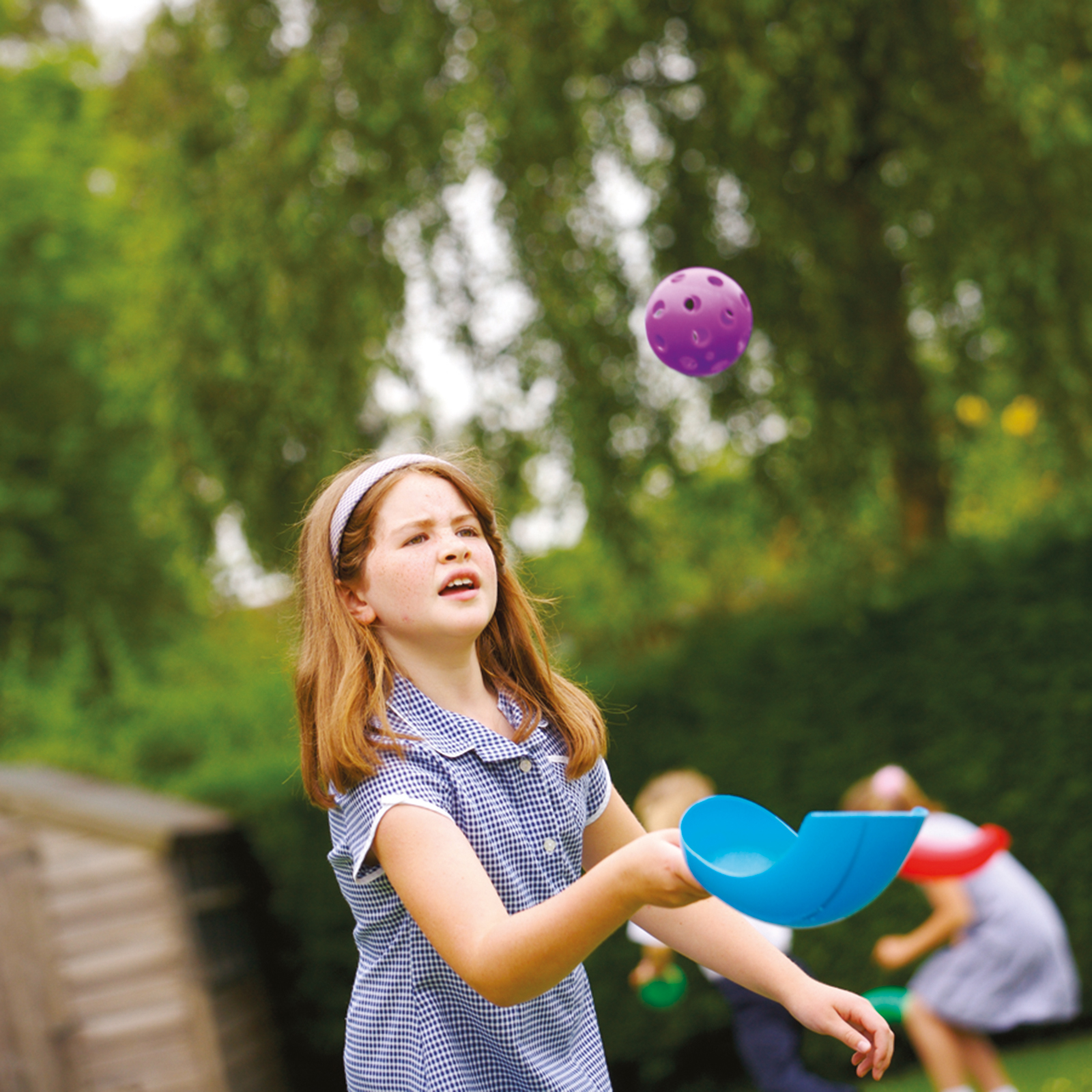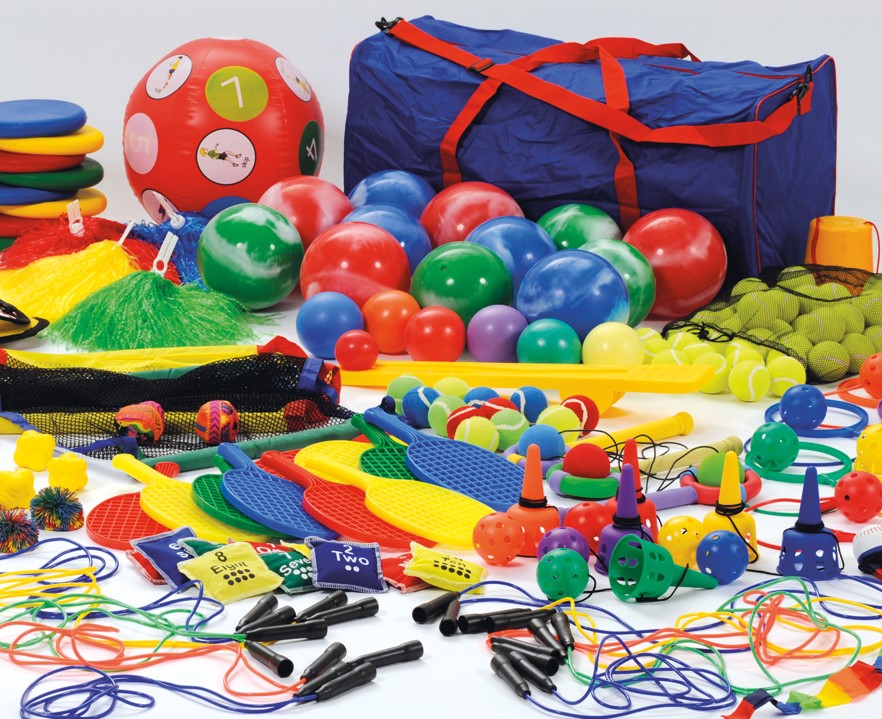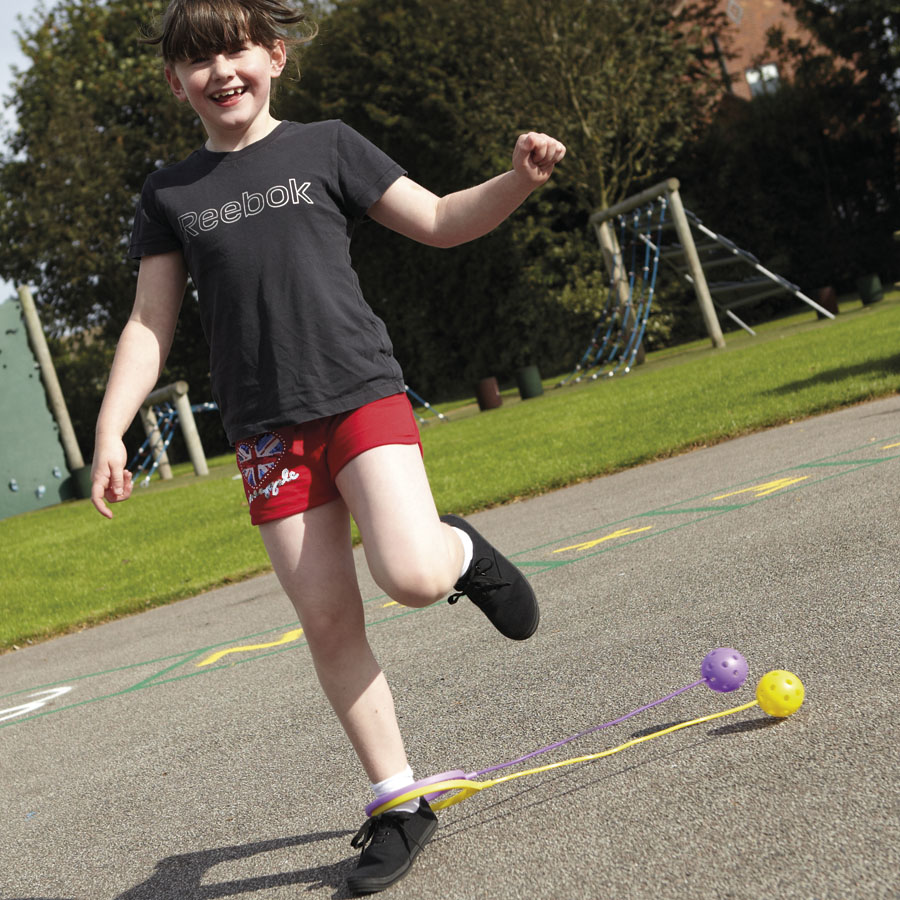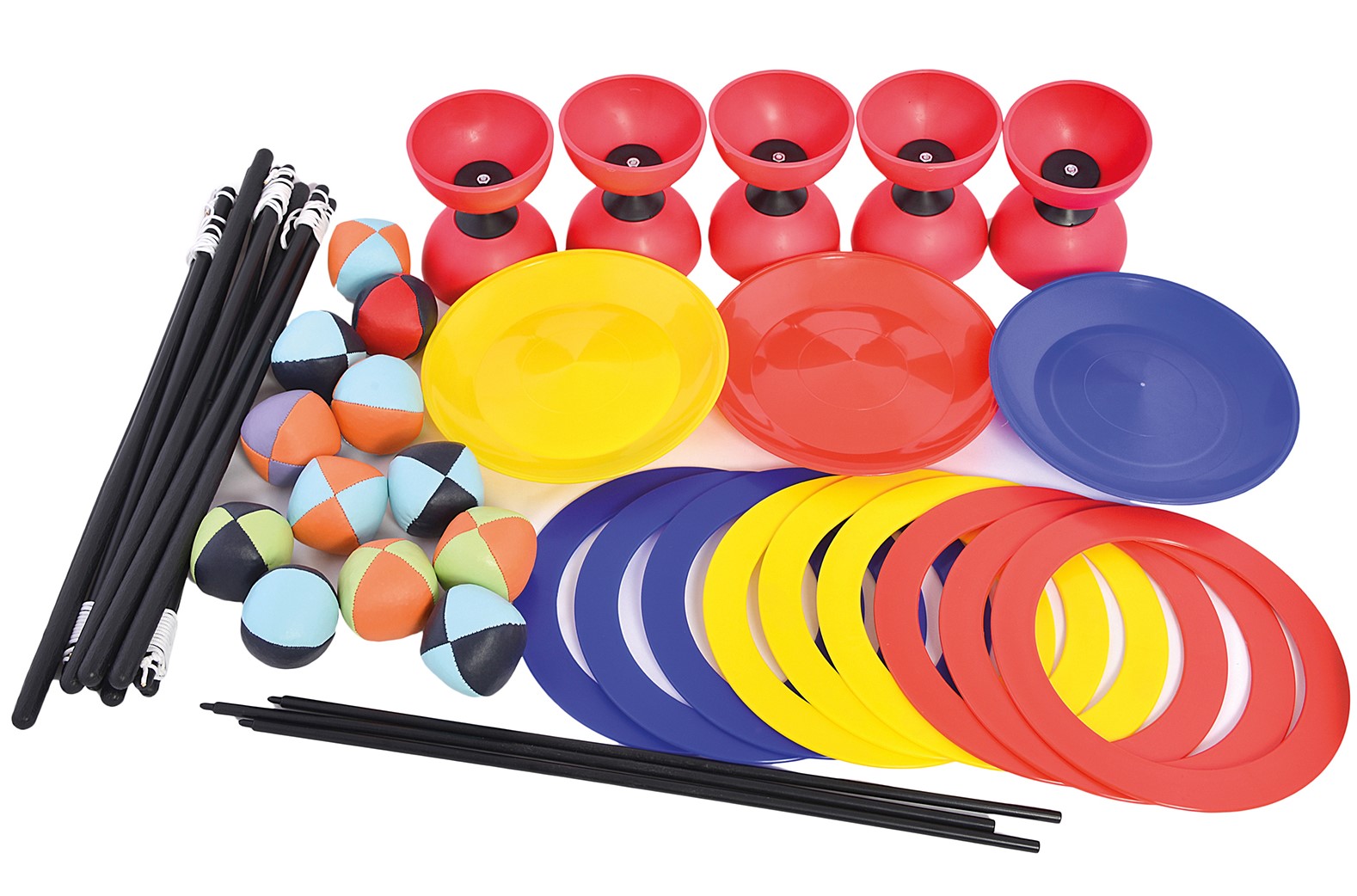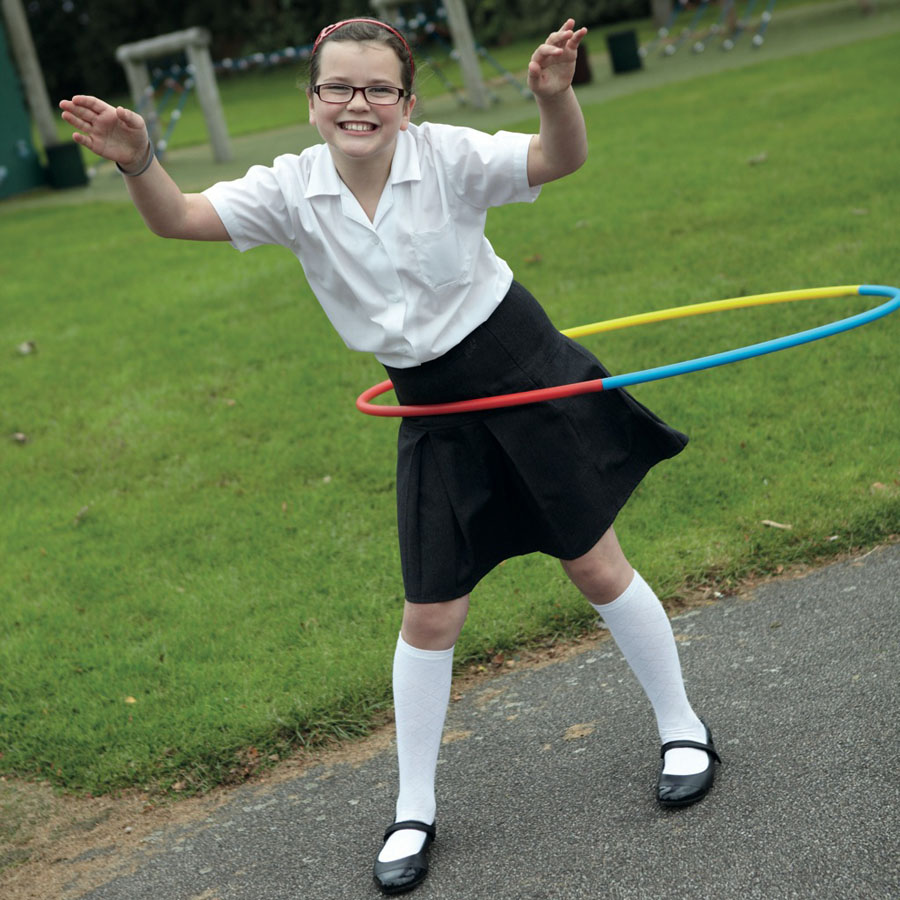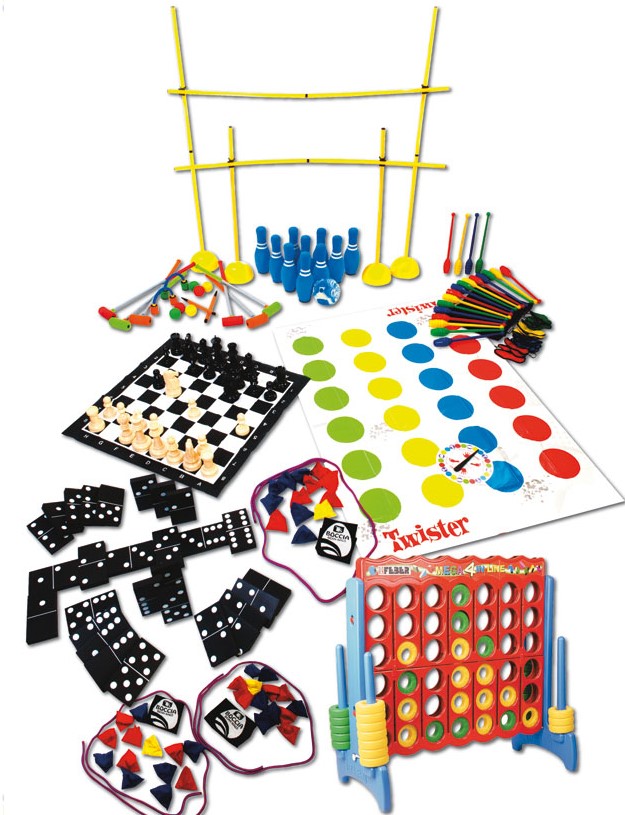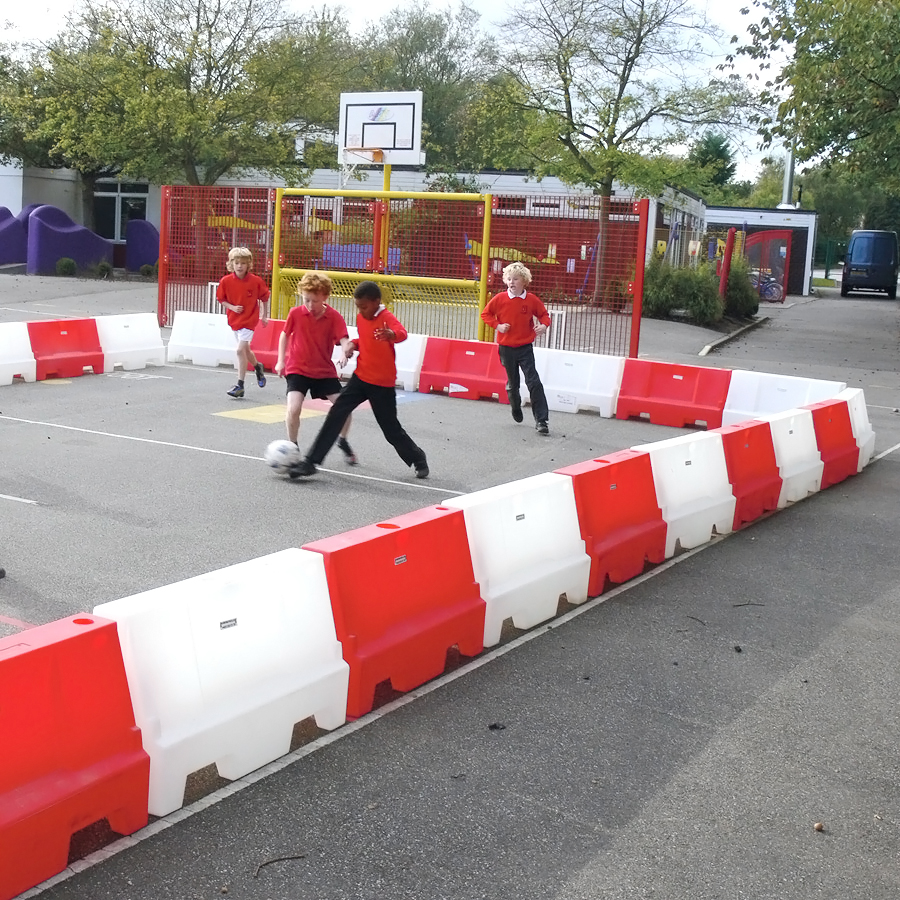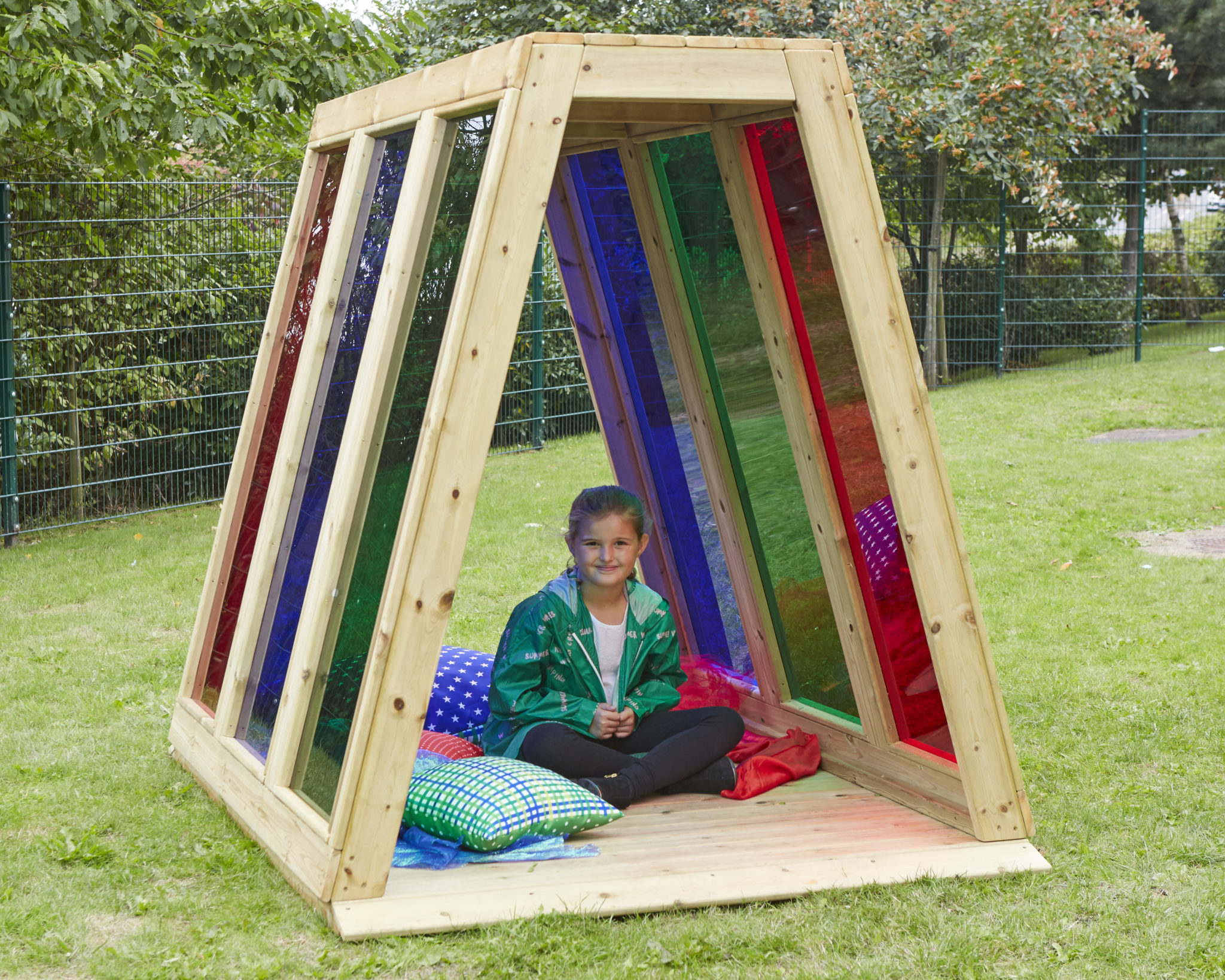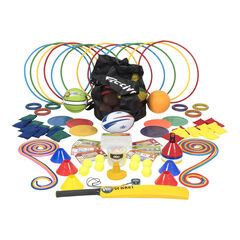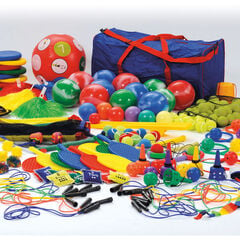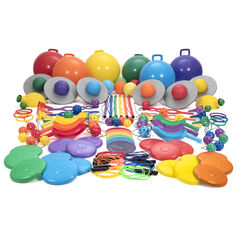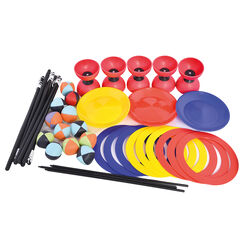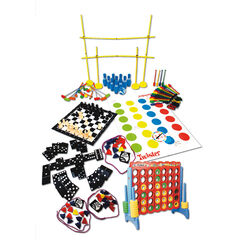That first half hour after lunch break was often the hardest of the day. Trying to negotiate a class of 30 children whilst also single-handedly calming down those children that had become upset.
For many children the playground is such a challenging place to be that it often results in overload and emotional upset. Some struggle with the freedom, the unpredictability, the noise, the lack of structure, the smells, and of course the social interaction.
Have you noticed that within the classroom, we help children will all of these things by giving them lots of structure and support with visual timetables, activity trackers, checking in, countdowns and simple choices? We know what the most appropriate strategies are to support these children, yet, we don’t always transfer these in to the playground because ‘we don’t have a TA over lunchtime’. Budgets are tight, so schools are exploring creative ways to add structure and support without the need for more staff.
Providing activities for children to choose from helps them to ‘chunk’ their outside time and prepare in advance.
Here are some of our activity ideas for unstructured times:
Mini-Leaders/ Playground Leaders
Try setting up a mini-leaders system. Children can then either be a mini leader themselves and set up and run games or they can take part in games organised by others.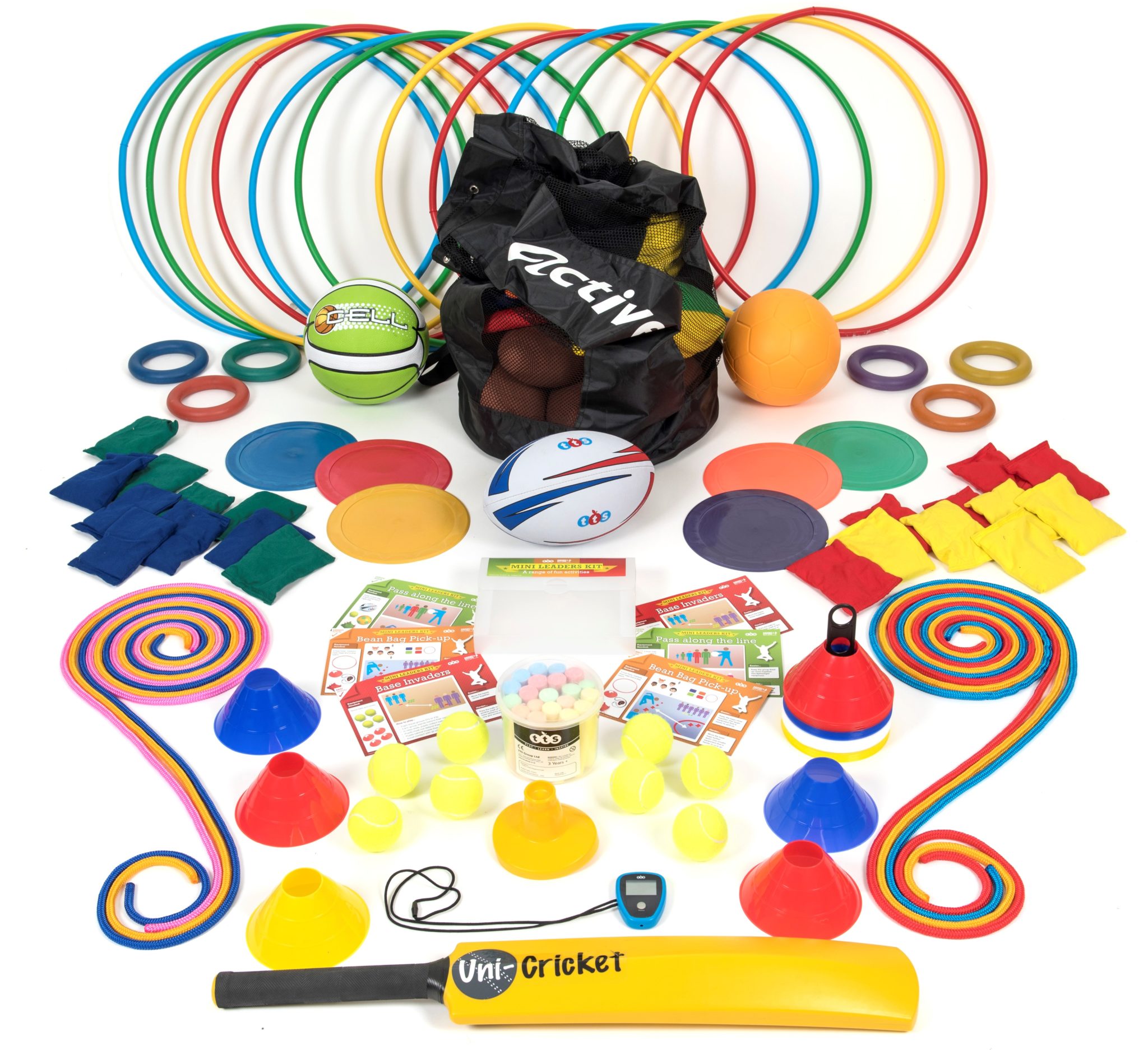
Activity Trackers
Give children a focus and purpose to be active at lunchtime by setting them daily ‘active targets’. After lunch, give them time to review their activity levels and set targets for the next day.
Playground Equipment
Providing children with a wide range of playground equipment will help to keep them busy, occupied and engaged. Children can be guided or supported with specific activities by adults or peers.
Take a look at our wide range of playground kits.
Individual equipment
It can be worthwhile to have some individual sets of equipment for those children that find sharing challenging. They can then be in control of their equipment reducing anxiety about sharing.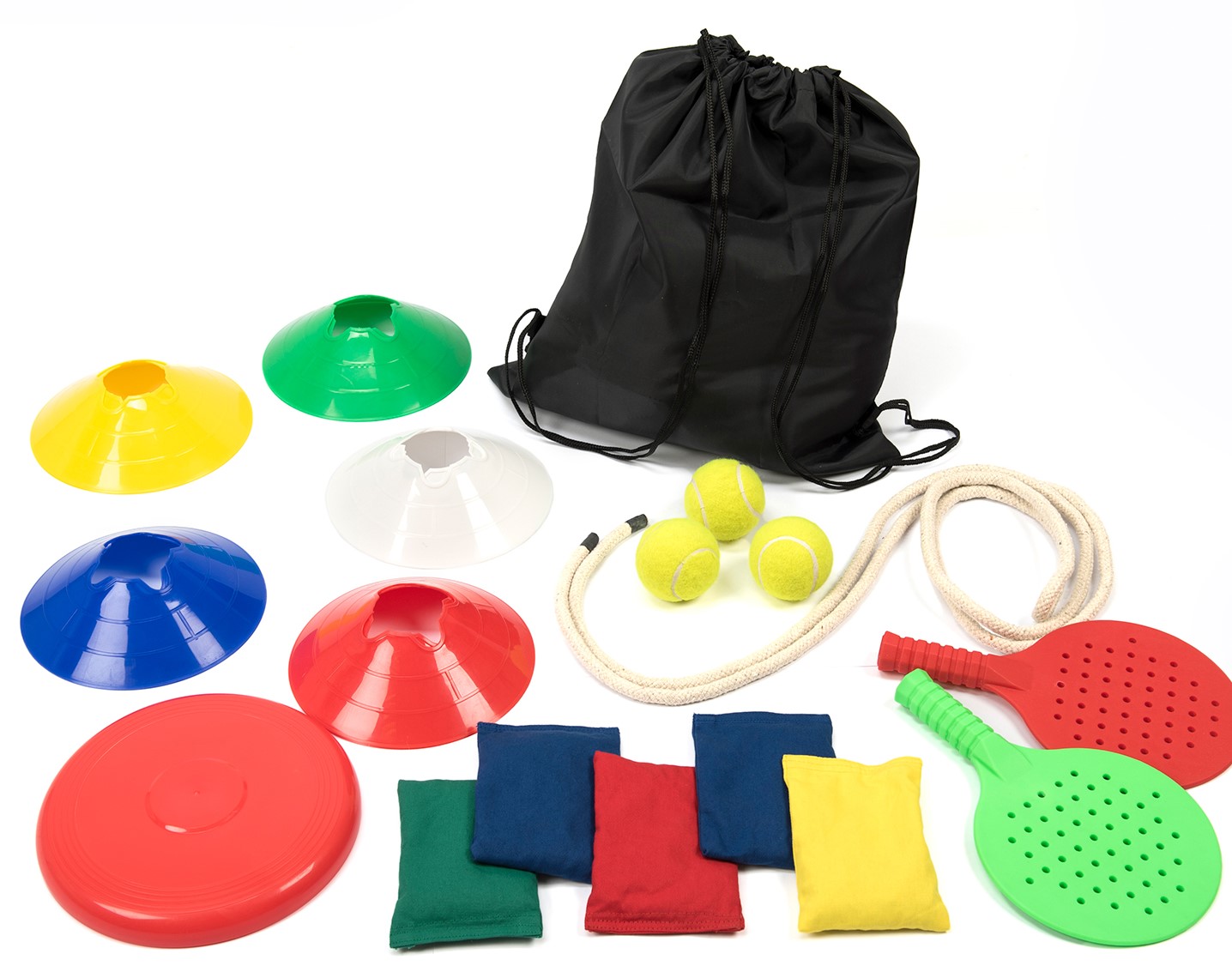
Run activity games or clubs
Adults and children can set up activities for children to join in with. You could link this with popular culture and, for example, set up a circus skills club to learn how to hula hoop or juggle to put on the greatest of shows!
Giant Outdoor Games
Children can develop their turn taking skills with these games on a giant scale!
Sensory support
Many children have sensory needs that continue to need support during unstructured points of the day. Having a range of sensory resources available at lunchtime can provide the necessary support for emotional regulation.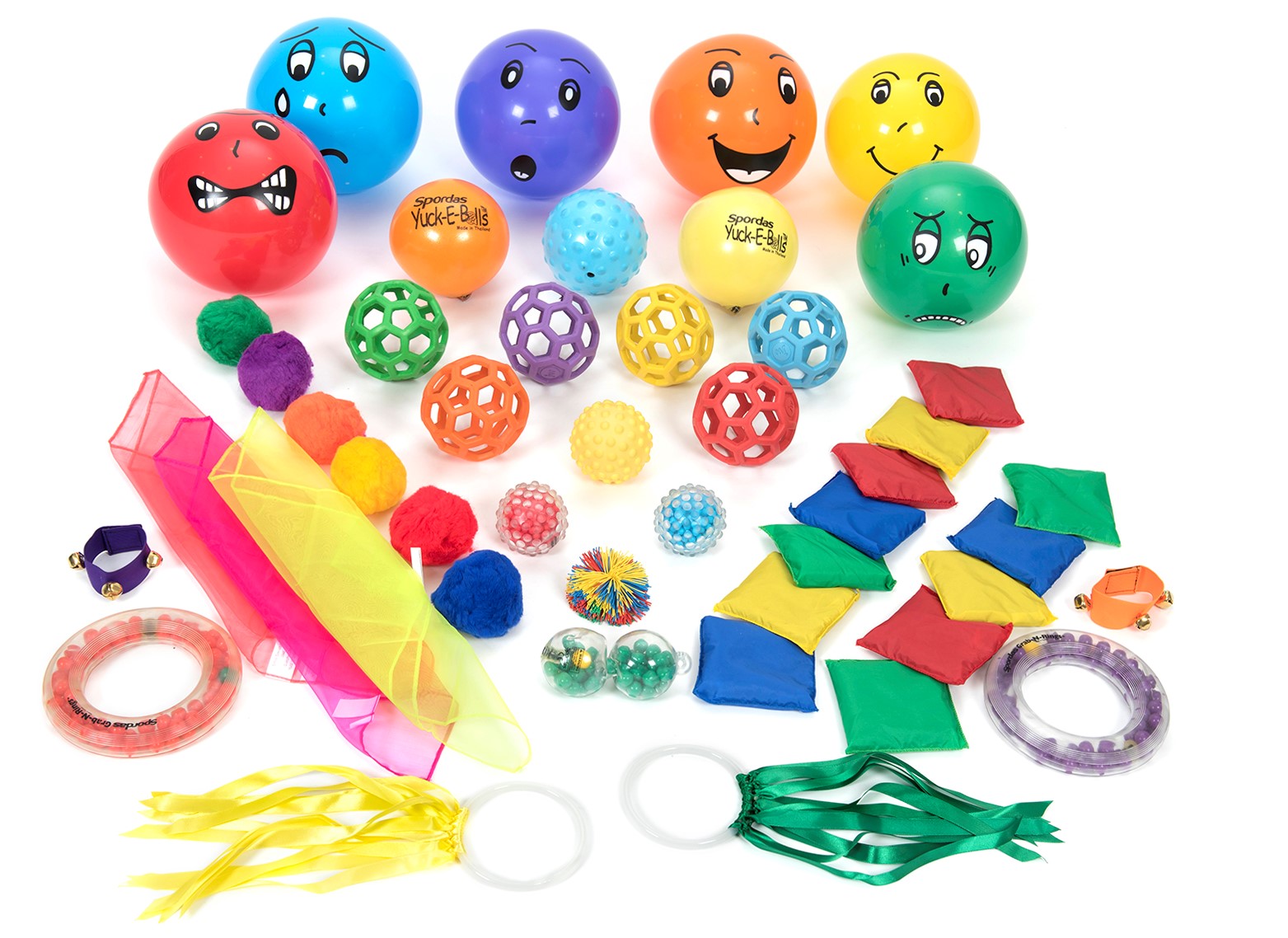
Zone the space
Zoning the playground in to different areas means that children can play safely (avoiding any overhead footballs) and also have a clear visual cue for activities. You can have different areas such as football, dancing, circus skills, reading, creative, role play etc.
Buddy system, buddy bench or friendship stop
Give children a safe space to go at lunchtime if they do not have a friend to play with. Work with the whole school to understand how to look after and include people who are in need of a friend. You can also train up a group of Playground Pals.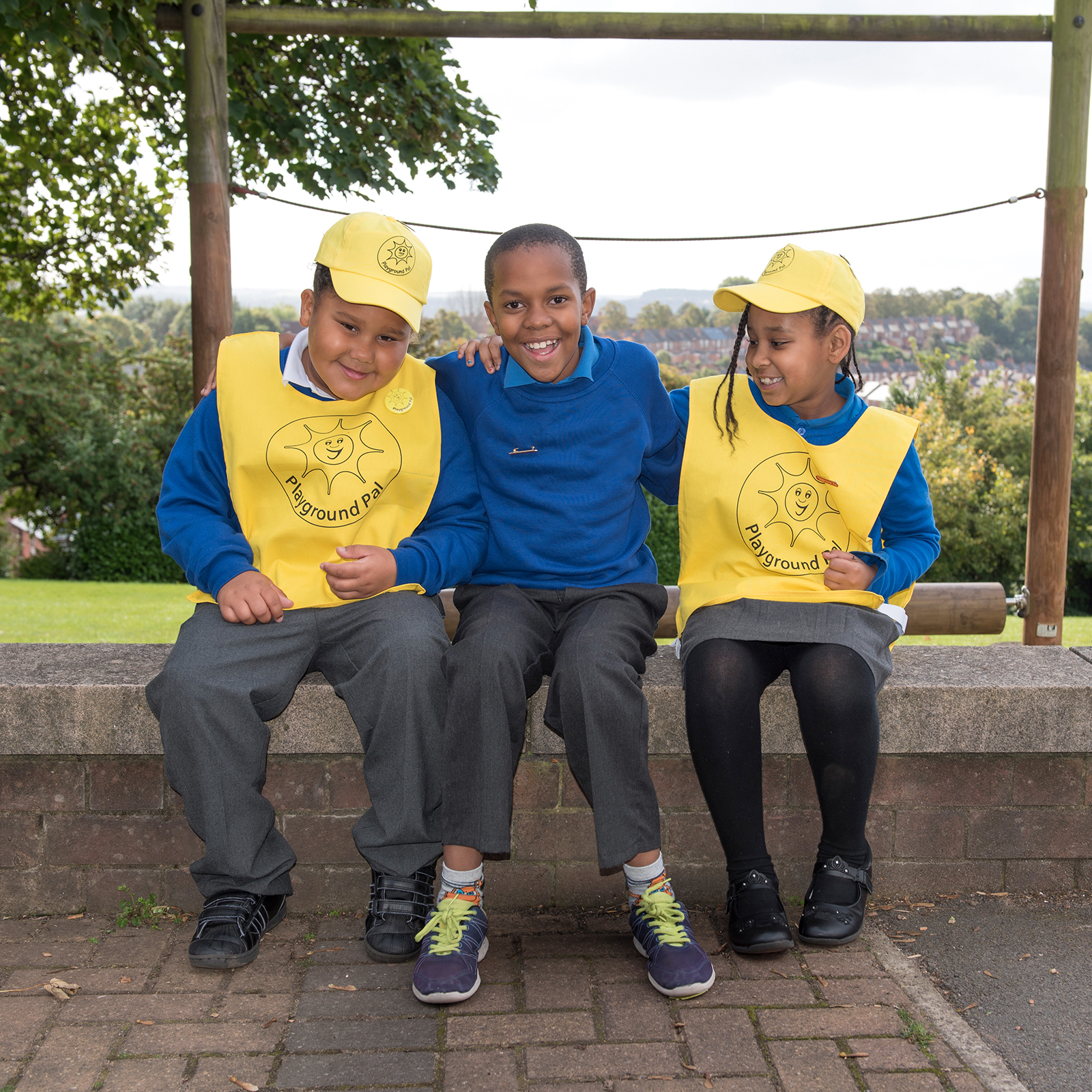
Calming space
It is important to provide children with a calming space for when they need some quiet time. Children can be supported to regulate their emotions before returning to an activity.
The most important people to ask about what they want and need are the children. They will be able to offer an insight in to what it is truly like on the playground.


